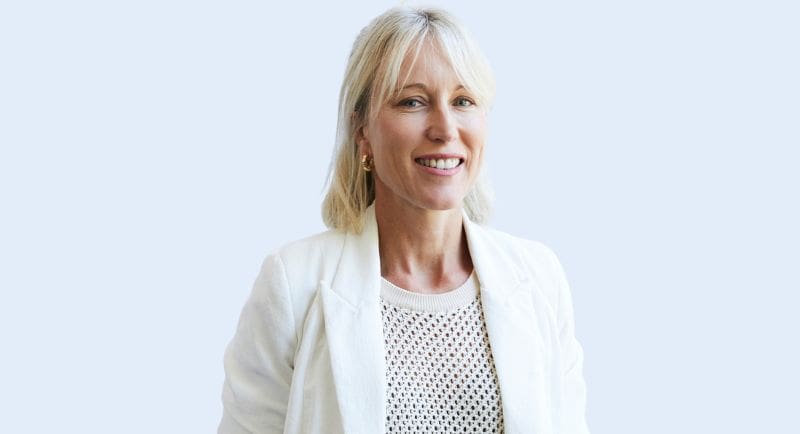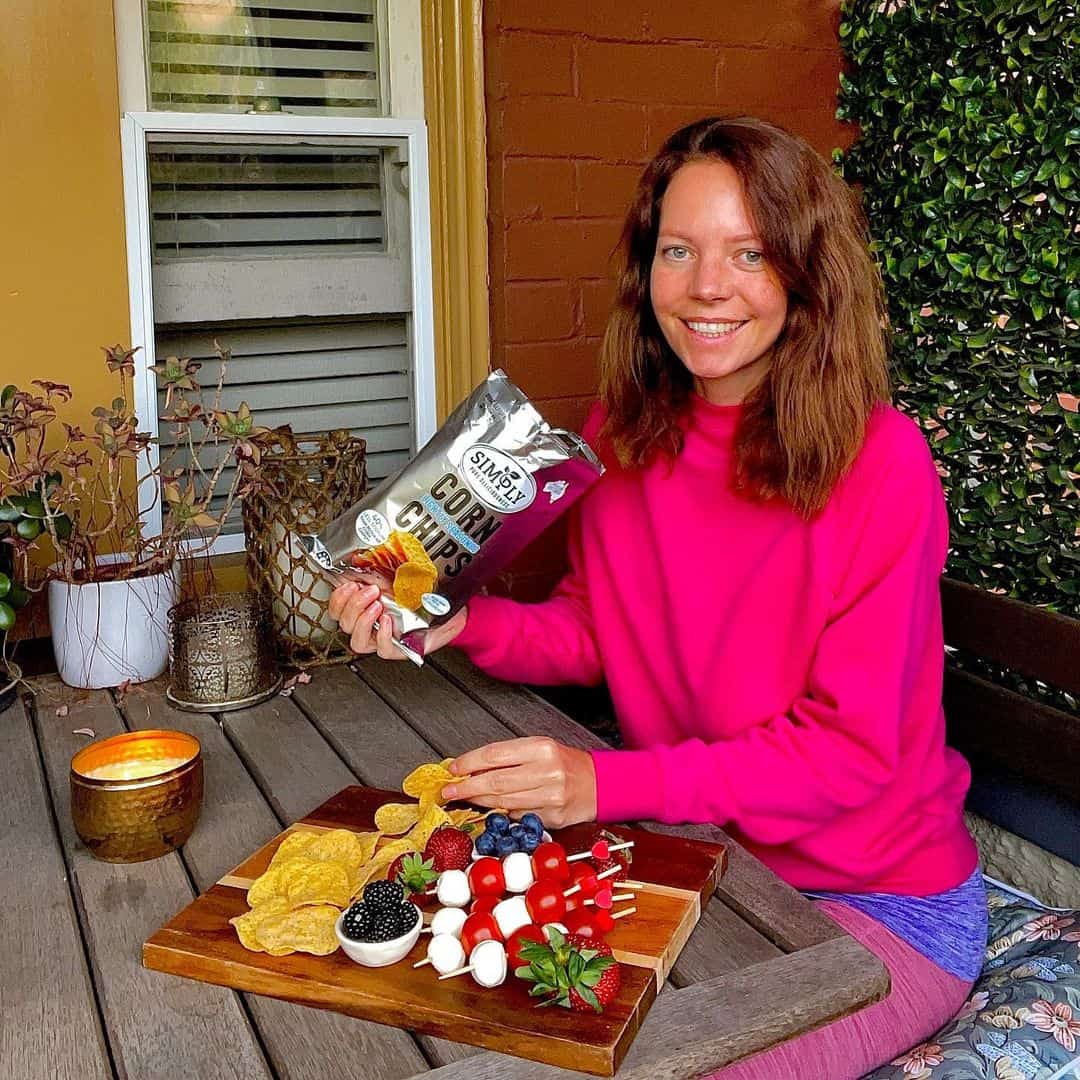While publishers have flagged concerns that if Meta pull news from its platforms, people will turn to influencers for updates that lack rigorous fact-checking processes, CEO of influencer agency Social Soup, Sharyn Smith, is less worried.
“If they [influencers] dress it up by saying it’s fact, young people are quite savvy enough to check those facts. Let’s trust our youth to be savvy enough to work that one out,” Smith tells Mediaweek.
Young audiences are “educated on the perils of social media and where your opinions are coming from.” As a result, Smith believes they make the effort to look for multiple sources and triangulate information. “I think they’re actually trained to do that. To think more critically; they’ve grown up in that world.”
One consequence of Meta’s decision to not renew its news deals will be the return to trusted brands and mastheads, predicts Smith.
“AI is here to disrupt the world and content. I think people will start to look for what they can trust and where that source of information is coming from.”
Micro influencers driving ROI success
Micro-influencers with 10,000-100,000 followers are most effective at driving a return on investment (ROI) for brands, Smith notes. The fees for micro-influencers tend to range from $300 to $1,500.
“We have a massive community of micro-influencers that we work with on an ongoing basis. We don’t just put a handful of them in there; we put 80, we put hundreds into campaigns, and they send customised messages to their followers,” she says.
Smith adds that boosting micro-influencer work with paid media is a crucial element of a campaign’s success. “Micro-influencers are very cost-effective in terms of the fees that you need to pay them to create the content. The organic reach can be boosted to millions by putting paid behind their content.”
“You’re getting the best of both worlds. You’re getting amazing, authentic content, but then you can target that to specific audiences.”
For example, in Social Soup and PepsiCo’s Simply Chips campaign, which recently won the 2023 AiMCO Award for Most Effective Campaign for ROI, the team relied upon micro-influencers, and reported 10x ROI over the nine month campaign, resulting in close to 56,000 in-store trials, 4,350 networking occasions, and 600 reviews.
The campaign also drove 56,000 in-store trials thanks to nano influencers sharing the product with friends and family. The next layer up was 80 micro-influencers, who were sent packs of the chips as they launched, created content within their networks, and customised it for their followers.
“In that particular campaign, we focused on sales and conversions. So, we focused on the smaller influencers because that’s traditionally what we would call bottom-of-funnel influence. It’s about working with bottom-up influence and that top-down influence approach.”
Working with influencers can be rewarding. But it carries risks, including brand safety: “This channel can be more detrimental to a brand than beneficial when it goes wrong. It can put the brand at risk when proper advertising disclosures aren’t followed, and the influencers aren’t following the additional guidelines.”
“When we work within a regulated industry or something that carries risk, we always pre-vet content before it goes live. We will check if the brand has a legal team that needs to see it,” Smith adds.
“It goes through a number of checks and balances before the influencer is given the go-ahead to post that content and ensures compliance and the right disclosures.
“Once it’s posted, we have technology that picks it up and makes sure that it matches what was intended, and then again, checks, compliance, and disclosure. So, a lot of checks and balances go in place to ensure that it’s effective and that it isn’t cause any trouble for the brand.”
‘Move on from vanity metrics’: What 2024 has in store
Looking ahead, Smith is most driven by the agency’s continued growth and work on culturally impactful campaigns, including in the commercial, government, not-for-profit, and behaviour change spaces.
“It’s a balance of commercial and behaviour change campaigns that I’m excited about doing more of.”
Smith also highlights that innovation and big ideas around elevating social influence, measurement, and ROI evaluation are on the cards for Social Soup in 2024.
“I still think the industry needs to move on from vanity metrics like getting a certain number of impressions and reach,” she adds, “I’m pushing forward to show the impact of our influence in the real world.”
–
See also: The Daily Aus on Meta, international expansion, and remedying ‘Fontgate’
Top image: Sharyn Smith


